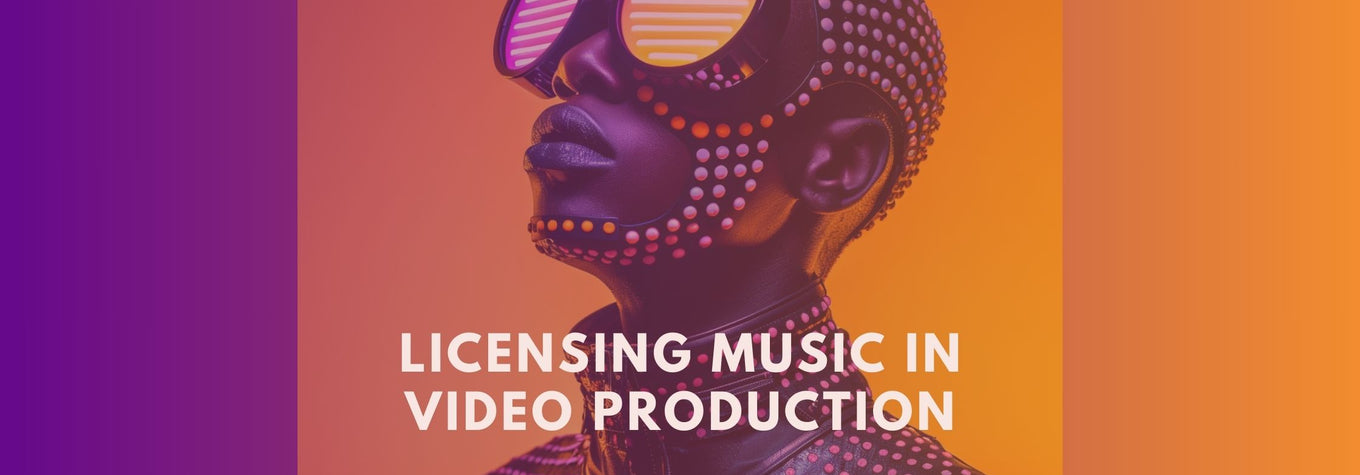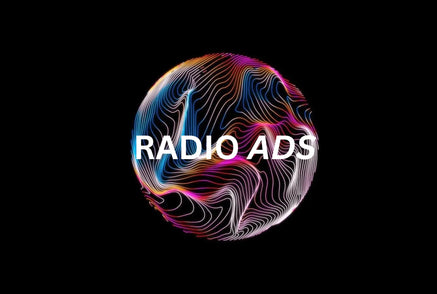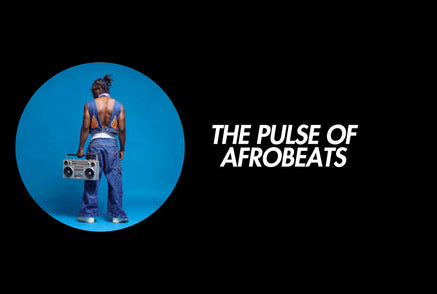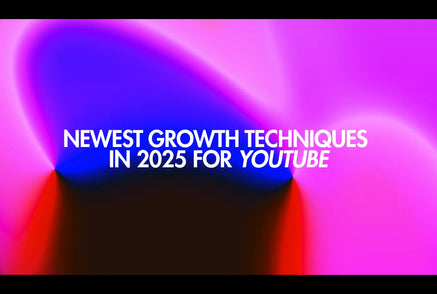Ways of Licensing Music in The Production of Video Content
Music licensing is getting permission to use content that you did not create.
To get the right to use the work, you must first find out all the details from representatives the label that released or owns the rights to the song. You can then enter into negotiations to acquire the licensing rights.
If you want to use the license to post the song legally, you'll need confirmation from each copyright holder. Music right manager can simplify pool-related tasks to music publishing and licening. This could be the composer, the author, the producer, the music studio, and many others. It takes weeks and sometimes months to gain access to these individuals. That's not all you need to do to get a license, not to mention that negotiations involve a lot of expenses...
In these situations, the idea of free copyright music becomes relevant.
Pay for the license directly
Some companies have already contracted with performers (rights holders) to obtain copyright licenses, making it easy to buy the rights. Such a service will cost you an average of $6 to $60. This is much cheaper if you spent $6,000 to $15,000 to purchase the license rights to the latest hit track from a famous musician.
There's also no problem paying royalties.
The amount of royalties is determined as a fixed percentage of all revenue generated from your project. For example, the proceeds from selling the video on YouTube or the profits that come from broadcasting the video on television.
GUIDE: How to find the best distributor for royalty payouts
Also, some royalty-free music companies practice subscriptions. This allows you to pay a monthly or yearly subscription fee and get permanent access to an extensive media library. As a result, you can safely use an unlimited number of tracks for your projects. Plus, you don't have to pay too much extra.
It's just the perfect interaction. Royalty-free music makes it easy to find quality music. Now you don't have to worry about copyright infringement for content creators.
Media licensing and the challenges of video content posting
Many troubles haunt video content creators. As a rule, many content creators are more than just entertaining the public. Such people are both educators and entrepreneurs. They're engaged in building audiences and brands and releasing new products. But there can be some challenges on the path of creating for any of these businesses.
For example, among the most pressing challenges is acquiring a license. And more specifically, there are many reasons to worry about complying with copyright laws ("copyright laws") across multiple platforms.
Importance of copyright law to creators
Those who have monitored content creators have probably heard about the prevalence of copyright claims regarding web-based content. Sometimes a channel releases something like a video, a snippet from a song, or even an image taken from the Internet, with no rights reserved to use it. So this type of content can be removed or monetized.
Unfortunately, in both cases, the content creator feels unlucky. It is possible to apply to remove the content claims, with no guarantee that things will work out. The rules may be different for each platform. Minor deviations can result in loss of information or cause blocking of the account or the channel itself.
Intellectual property protection of video content creators is a paramount concern. However, for a beginner user, complying with copyright and licensing agreements is a daunting task. Many people neglect it.
This is why content creators face more and more problems with copyright protection.
Different companies around the world have other copyright laws. Therefore, the world's largest video channel, YouTube, has changed its content identification system and the way it handles its copyright-protected content.
DIGITAL STRATEGY: YOUTUBE VIDEO PROMOTION
A brief review and description of copyright rules and regulations
Probably all users are familiar with cases of copyright violations. But they don't quite know the right way to buy a publication license and the steps to do this.
Let's take a musical creation as an example.
Imagine you made a video about a recent trip to California. And you decided that The Mama's & The Papas' song "California Dreaming" was suitable for your video and you plan to put the video online. The song is purchased on iTunes, so it's easy to integrate it into the project while you are editing the footage.
But there is one problem with this issue?
You do not have any legal right to use this music. You have, by all means, purchased a music file in .mp3 format. But you have the right to use that song merely for listening and enjoyment. However, this does not mean that you can use such a song as a part of a video that will eventually be profitable.
Of course, you just don't generally understand all of this. So you upload your video to YouTube. After a few weeks, it starts generating traffic to your monetized channel. Then, suddenly, you get an email notification from YouTube warning your video to be removed from the network for violating the copyright regulations. This notification is the first threat of losing your account rights.
Here's the way you can get your content back and protect your channel's reputation.
How to avoid the fear of a copyright enforcement charge and use a top-notch music base for your strategy?
Obtain a royalty-free musical license to use your music files.




Tom Banchik
This article makes the licensing process seem less intimidating. I always struggled with understanding who to contact for permissions and how to negotiate effectively. The advice on working with music right managers and using subscription services for royalty-free music is fantastic
This article makes the licensing process seem less intimidating. I always struggled with understanding who to contact for permissions and how to negotiate effectively. The advice on working with music right managers and using subscription services for royalty-free music is fantastic